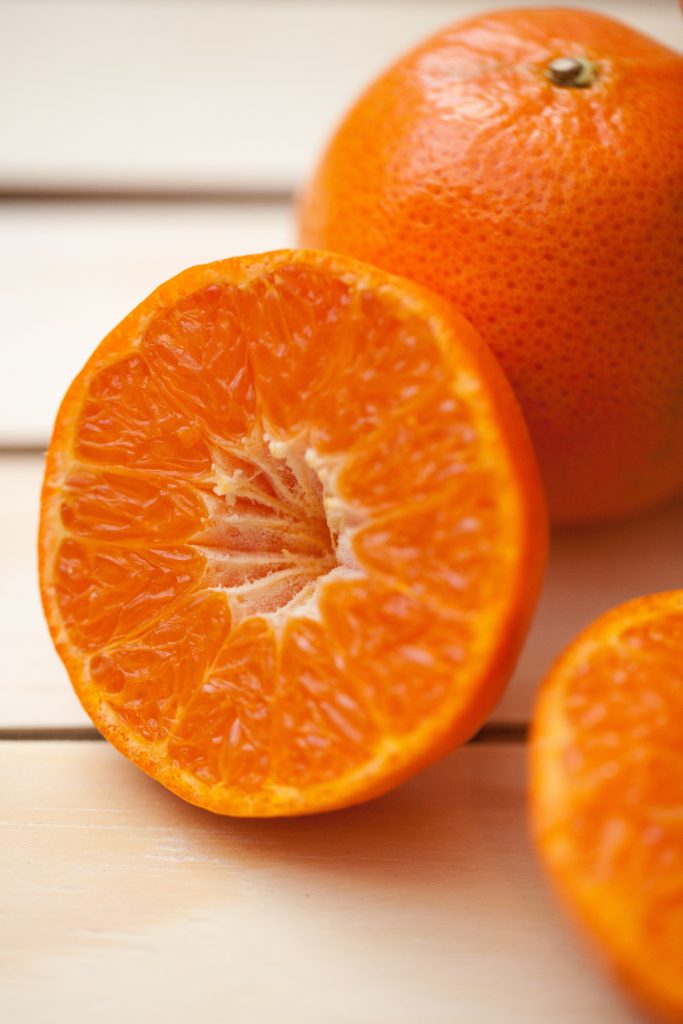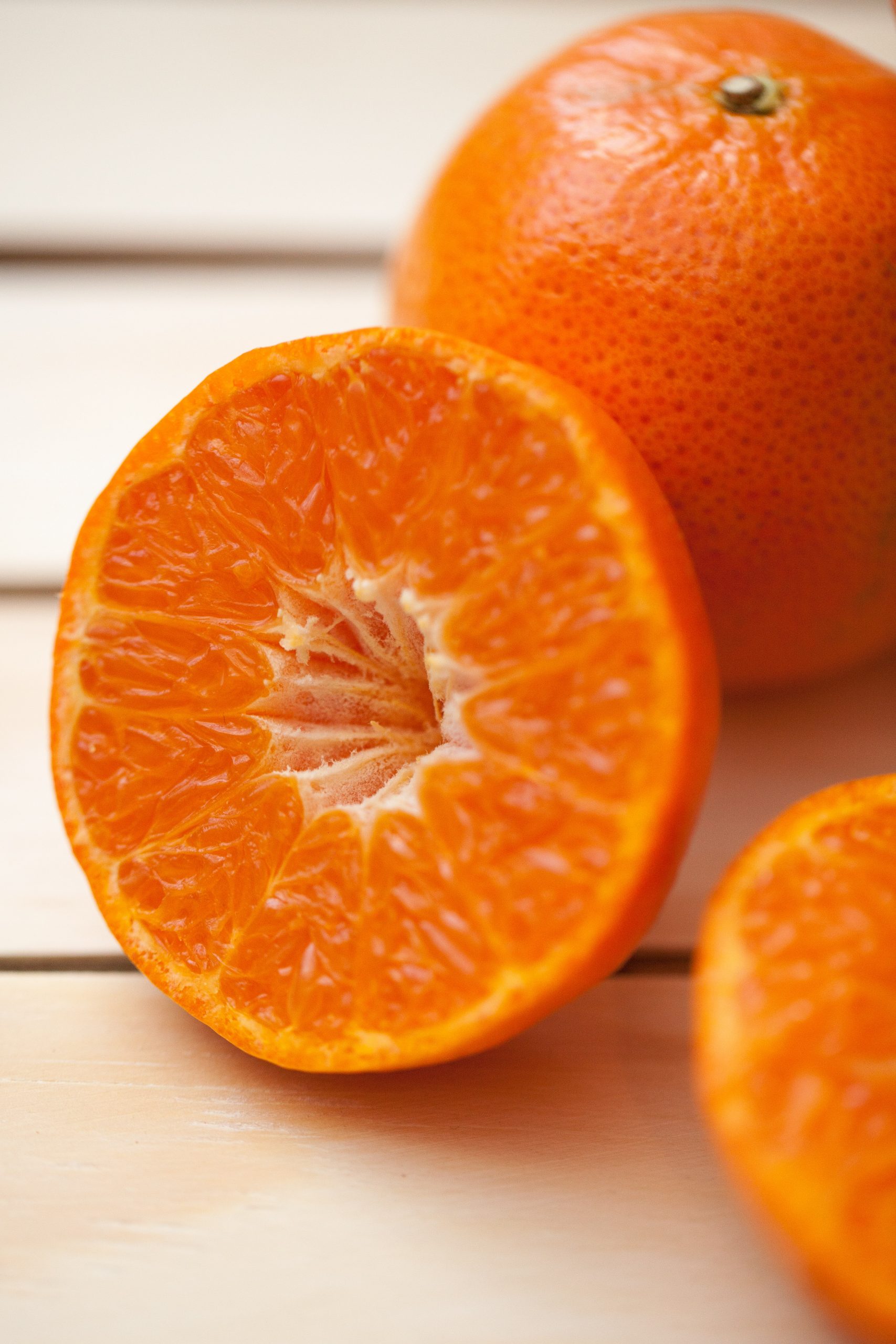Citrus Management Committee demands EU investigate adherence to cold treatment protocol
- Produce
- Citrus
- EU
- South Africa
- Spain
- Citrus Growers Association
- Citrus Management Committee (CGC)
- 2022
- Agriculture
Spain’s Citrus Management Committee (CGC) has called on the European Commission to conduct an investigation into the scope of non-compliances in European imports of oranges from South Africa regarding the approved cold treatment to mitigate the risk of contagion by ‘False moth’. The association of the main private citrus exporters in Spain refutes the South African Citrus Growers Association’s (CGA) claim that the European authorities did not inform them in sufficient time about the entry into force of this regulation, highlighting the fact that the measure was agreed on May 25 by SCOPAFF, it was published in the DOUE on June 21 and, from February to April, it was publicly announced in the EU and in the WTO.
The CGC maintains that the situation in European ports at the end of July and the beginning of August, when 2,000 containers of fruit from South Africa were retained, was a “premeditated action to negotiate a way out through chaos and bottlenecks,” according to president of the CGC, Inmaculada Sanfeliu.
An official statement from the South African government issued on August 11 sought an option whereby the oranges would be unblocked and could enter the EU if cold treatment was carried out in the European port facilities themselves.
Meanwhile, the CGA has announced that it has voluntarily made the decision to end exports of Valencia oranges from non Citrus Black Spot (CBS) free areas in South Africa to the EU, according to a statement.




